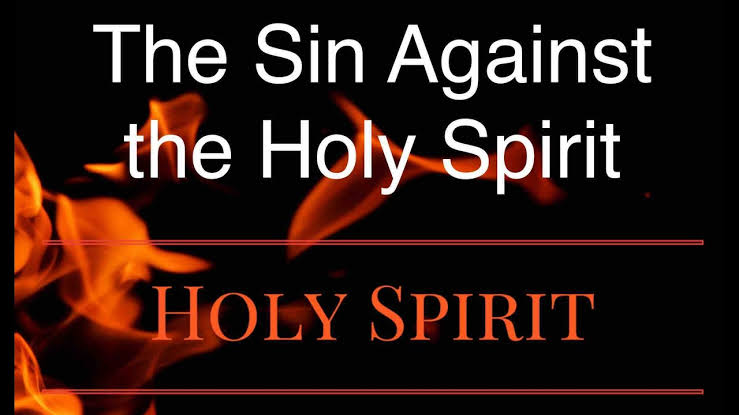Readings:
2 Samuel 5:1-7.10; Ps.89; Mark 3:22-30
Rev. Fr. Emmanuel Emenike Onyia.
DO NOT
SIN AGAINST THE HOLY SPIRIT OUT OF IGNORANCE OR JEALOUSY
One of
the gifts of God to us is the gift of discernment, which enables us to know and
distinguish between good and evil spirits. This gift is very important to the
office of every leader. But it is sad and unacceptable when a leader decides to misuse this gift out of envy, jealousy
and ignorance. This is the attitude of the scribes in our Gospel passage
today.
For we heard how Jesus had delivered a man
possessed by an evil spirit. The spirit had bound his tongue and made him mute.
But when Jesus had cast out the demon from the man and the man spoke, some
scribes who watched this great miracle as it happened said that it was through
the power of Beelzebul the prince of demons that he was able to cast the devil
out.
This
is because they were adamant in their opposition against Jesus which was propelled by envy and jealousy. That is why they were unable to look beyond
their narrow-mindedness and stubbornness in insisting that their way was the
true way while others like our Lord Jesus were wrong. But Jesus as usual used
the opportunity to correct them by pointing out the mistakes in their argument.
Thus, telling us that it does not make sense for the demons to be fighting one
another and so be divided among themselves. Because any house that divides
within itself can not stand, and as we know the evil ones are always united in
their plans to bring about destruction in human activities.
So, it
is obvious that the scribes knew the truth but were not ready to accept it
rather they chose to deny the work of God, that’s why Jesus concluded the gospel
by saying that: everyone who says a word against the Son of Man will be
forgiven, but he who blasphemes against the Holy Spirit will not be forgiven.
From
this frightening passage, Jesus reveals to us that sins no matter how grievous
can be forgiven, but there is a particular sin that will not be forgiven. That
is the sin against the Holy Spirit. But what is this sin against the Holy
Spirit? And why would it not be forgiven? The sin against the Holy Spirit is
rooted in one's outright rejection of God’s grace of salvation offered to us
through the Holy Spirit‘s incessant invitations and warnings. This happens
when the will of a person is hardened against God’s mercy and goodness. This is
so because it is the sinner himself who rejected God’s forgiveness. And since
God respects the freedom which He has given us, for he respects a sinner’s
decision to firmly refuse to be forgiven.
Dear
friends, we are called today not to be like the scribes who out of pride and
ignorance denied the power of God over spiritual realities and so sin against
the Holy Spirit. Rather we should make proper use of the gift of discernment
which the Lord has given us. We must not let envy, jealousy and over-ambition make us deny the truth about the spiritual realities we experience from the
Lord. We must not let the devil succeed in sowing the spirit of division among
us. We should also ask God to endow us with the spirit of discernment and truth
especially this period that we are often faced with the ugly and sad attitude
of human deception all over the world.
Let us
like David in our first reading today, discern the will and the message God is
communicating to us as we struggle with our daily challenges. Let us be
inspired by his faith and the good examples of David who grew greater and greater, and the Lord, the God of Hosts, was
with him.
LET US
PRAY: Heavenly Father, as we struggle every day with the manipulation of the evil ones, give us the grace to overcome them, may we never be misled by the
devil and all of his forces, as they often attempt to sow divisions and
dissensions among us. We ask this through Christ our Lord. Amen. Peace be with
you.




.jpeg)





.jpeg)